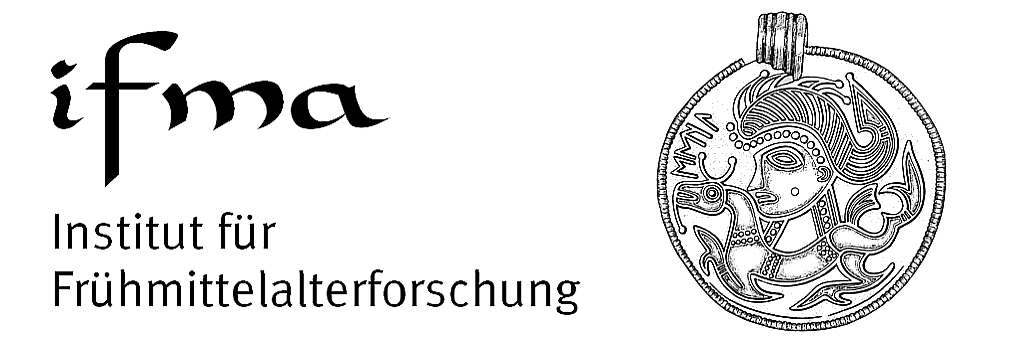
|
Bullarium sacri ordinis Cluniacensis
|

|
| | ||

|
Bullarium sacri ordinis Cluniacensis
|

|
| | ||
|
The papal privileges and letters for the abbey of Cluny and the monastic federation of the «Cluniacensis ecclesia» were printed for the first time in the year 1680 in Lyon under the title: «Bullarium sacri ordinis Cluniacensis». Pierre Simon, claustral Prior of Saint-Martial d'Avignon and Secretary of the General Chapter, was responsible for the edition. The collection contains approximately 500 documents almost exclusively of curial origin from the period between 927/928 and 1668. Its appendix provides a list of the monasteries that were connected to Cluny by confraternities of prayer.
Unfortunately this edition is only rarely to be found in libraries. Already Alexandre Bruel noticed at the end of the XIXth century that there
were only four
copies at Paris,
i. e. in the Bibliothèque nationale and in the libraries of Sainte Geneviève, the Arsenal and the Archives nationales.
Before 2002, modern library catalogues on the Internet
like the
Karlsruher Virtuelle Katalog
or the
ABES/SUDOC: Système universitaire de documentation
only listed the
copies of the
Bibliothèque Nationale de France
(including a special edition)
and another of the
Staatsbibliothek preussischer Kulturbesitz at Berlin.
Today, several copies are available as text/scan: Cf.
University Library of Berkeley
and in the
Bibliothèque municipale de Dijon.
WWW:
As part of a project preparing the summaries of the papal documents relevant to the monastery of Cluny an Internet version of the «Bullarium» is therefore made available here. Jean-Loup Lemaitre, directeur d'études à l'École pratique des hautes études, IVe section, kindly provided photocopies of his private copy of the «Bullarium» for purposes of scanning. I would like to cordially thank him here for his support. Operating Instructions: The Internet version of the «Bullarium» is made accessible by indices, search functions and concordances. They facilitate finding certain documents and refer to summaries and other editions. The Index paginarum allows the user to find particular pages of the «Bullarium».
The
Index chronologicus Privilegiorum
offers a chronologically arranged overview of
all documents with the conventional information (date, author, etc.) for
identifying a piece. If possible,
For the period before the pontificate of Innocent III, the texts of the charters are also presented in a synoptic view. If a page of the «Bullarium» is represented on the screen, then the author of the charter and the date of the piece on the page can be made visible by clicking.
The technical work was accomplished in the
Please send corrections and additions by email to:
| ||||
![]() E-Mail an das Projekt "Cluny" im Institut für Frühmittelalterforschung
E-Mail an das Projekt "Cluny" im Institut für Frühmittelalterforschung
|
KONTAKT
Institut für Frühmittelalterforschung
|

| |
|
© 2010 Institut für Frühmittelalterforschung | ||